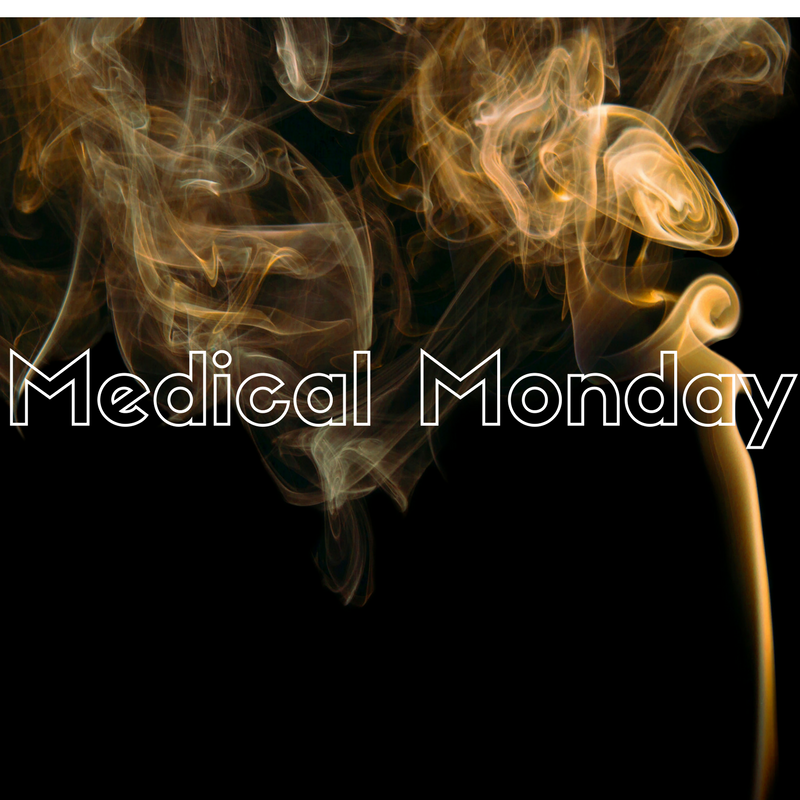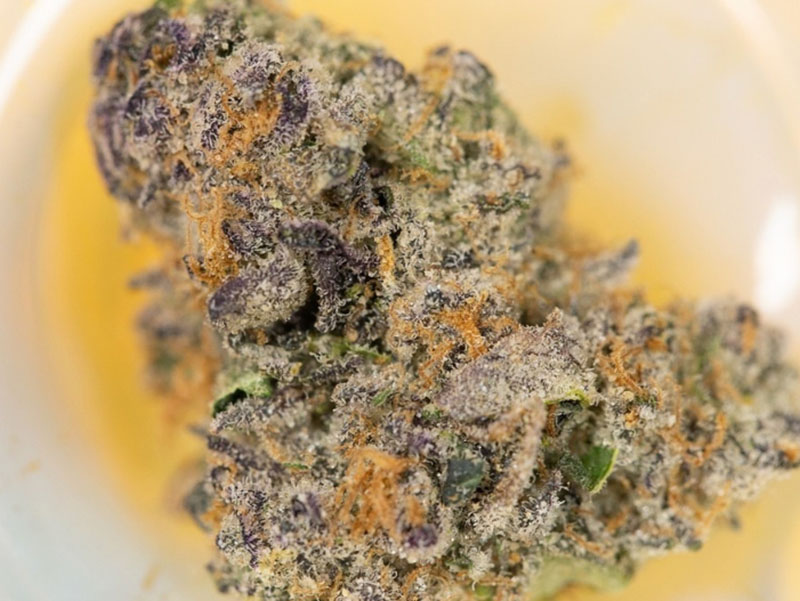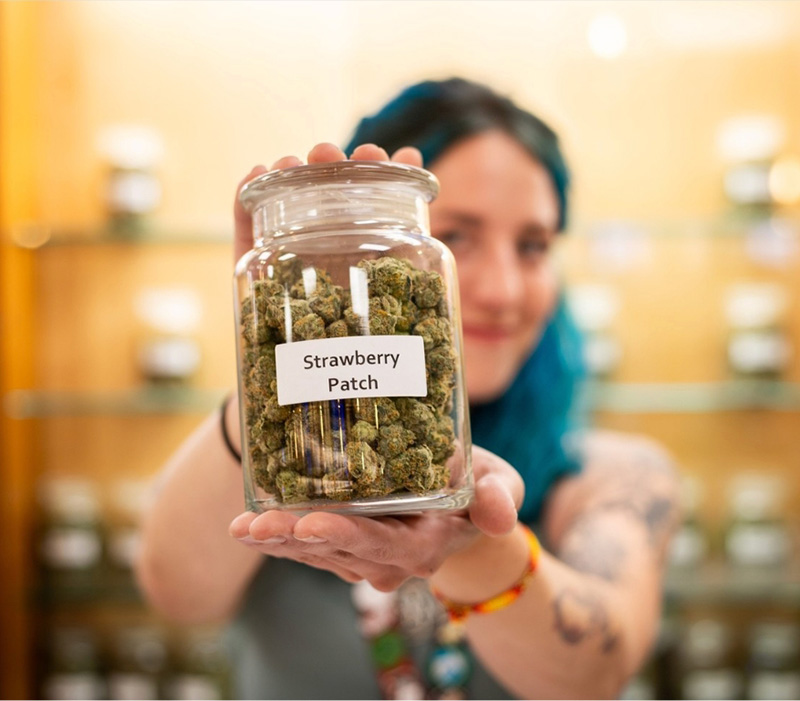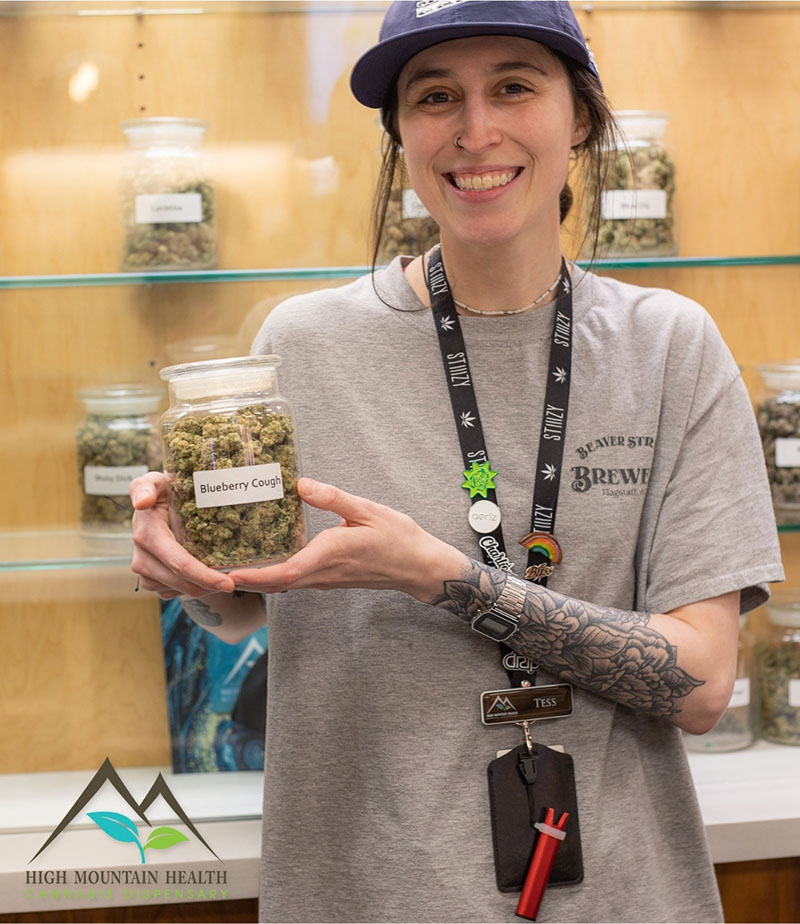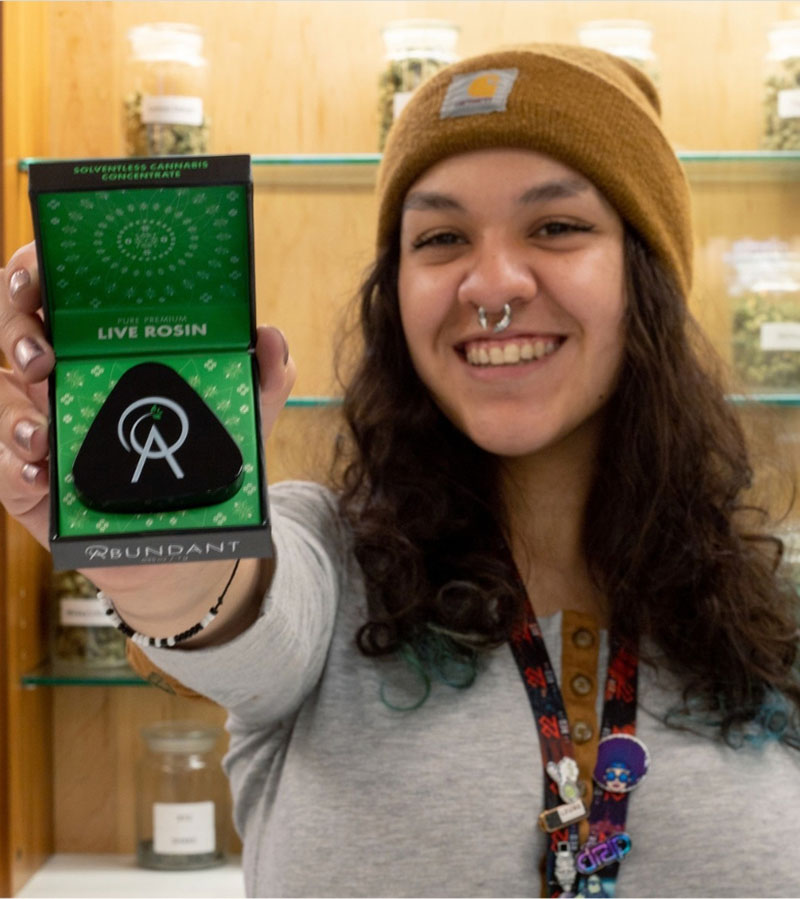Difficulty paying attention.
Fidgeting.
Restlessness.
These are the common symptoms of Attention-Deficit/Hyperactivity Disorder, a condition affecting around 11 percent of (diagnosed) Americans.* ADHD commonly manifests itself in hyperactivity and inability to focus. It can be particularly obvious in children, but these symptoms may carry on through adolescence and adulthood. It may lead to an inability to complete schoolwork or duties at a job. It can make carrying on a conversation or listening to a lecture difficult. ADHD is often coupled with other neurological conditions, such as anxiety or depression.
While ADHD can be troublesome, it doesn't mean that patients have no option. There are ways to manage this particular condition, albeit no cure. More traditional methods of coping with ADHD include pharmaceutical drugs, often, counterintuitively, stimulants. Stimulants treat ADHD by increasing the amount of dopamine in the brain, which is theorized to help with symptoms. ADHD may also be managed through training and with therapy. In 2017, medical cannabis also exists as an option for those of us living in legal states.
Stereotypically, cannabis consumers are not exactly examples of work ethic. Yet, as cannabis is more widely used and researched, these stereotypes have been disproven again and again. There is plenty of anecdotal evidence linking a reduction of ADHD symptoms with cannabis use. Researchers have long noted an increased likelihood for those with ADHD to self-medicate with cannabis. A 2012-2013 study actually supported this by interviewing 280 individuals with ADHD. This has led many to wonder what the connection is between dopamine regulation, ability to concentrate and the endocannabinoid system.
Following the initial survey, a group of researchers in Berlin, Germany, tested the effectiveness of cannabis for treating ADHD. The researchers had 30 adult patients with diagnosed ADHD use cannabis flower between 2012 and 2014. Many patients included in the research had previously used more traditional options, yet still found managing their symptoms to be difficult. The study had eight patients continue to take a traditional pharmaceutical stimulant in conjunction with the cannabis flower, while the remaining 22 only used flower.
As a result, the researchers wrote: "All patients had experienced an improvement of a variety of symptoms by cannabis flowers, including improved concentration and sleep, and reduced impulsivity, by the use of cannabis. In five cases dronabinol [THC] was tried, which was also effective."
The study also highlighted some of the difficulties patients with ADHD encountered, due to the combined stigmas against cannabis and against this particular psychological condition.
The results state: "Many patients were diagnosed before with cannabis use disorders by psychiatrists in hospitals or medical practices due to misinterpretation of effective illegal self-medication. Patients reported that their therapeutic experiences were not taken seriously by most physicians and that they were not listening to them due to strong prejudices."
More research is underway to hopefully uncover clues to how the condition and cannabis are linked. Furthermore, continued successful studies across the world will ideally make it easier for patients who would truly benefit from cannabis therapy to access the medicine they need. Of course, we recommend a personal approach to managing the conditions. Just as therapy doesn't work for everyone, cannabis is also not a cure all. However, we are excited to explore the possibilities of plant medicine to help those with ADHD.
*Controversially, diagnoses of ADHD have risen exponentially. Any claims that more children have ADHD in 2017 than they did in the past should be scrutinized.
